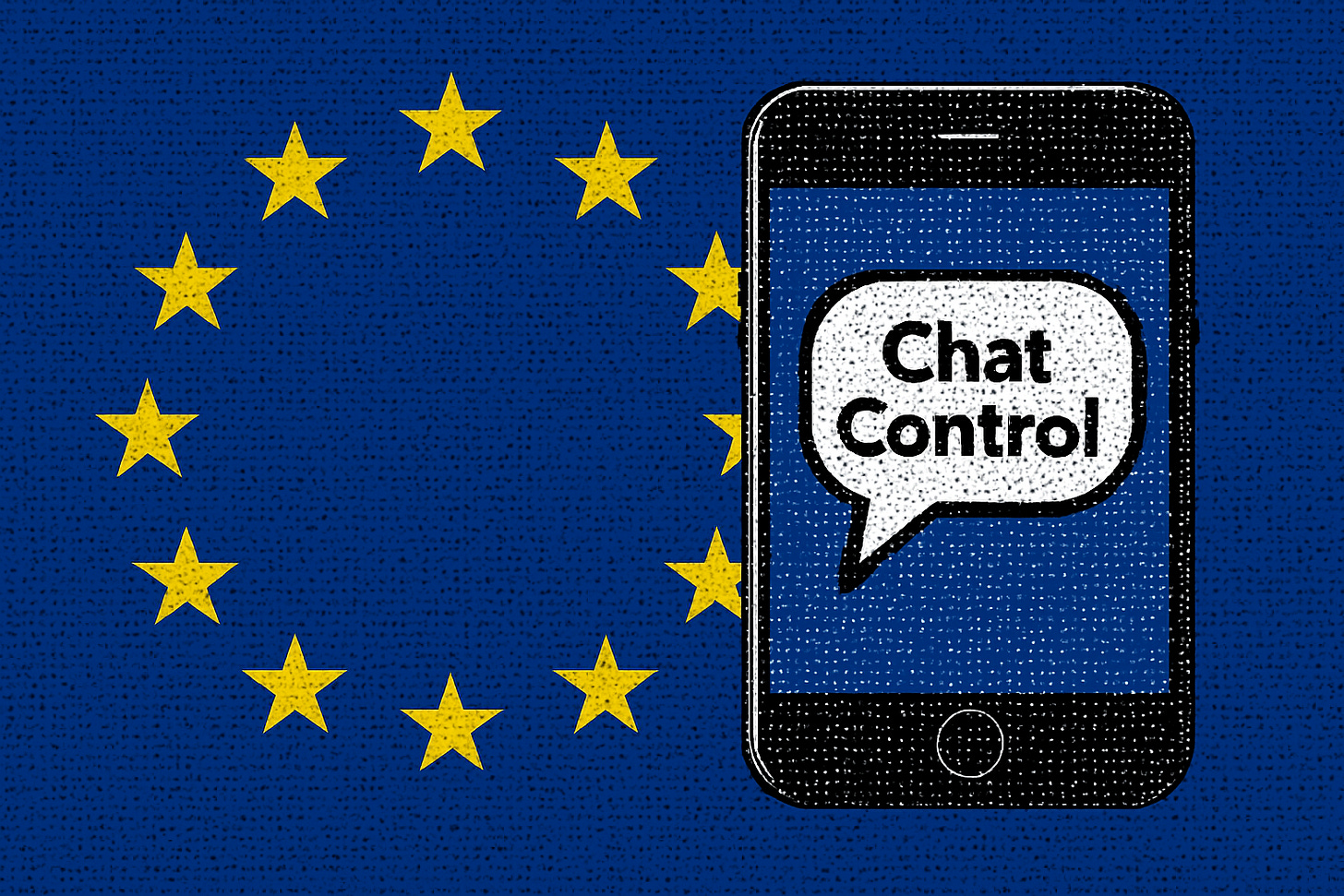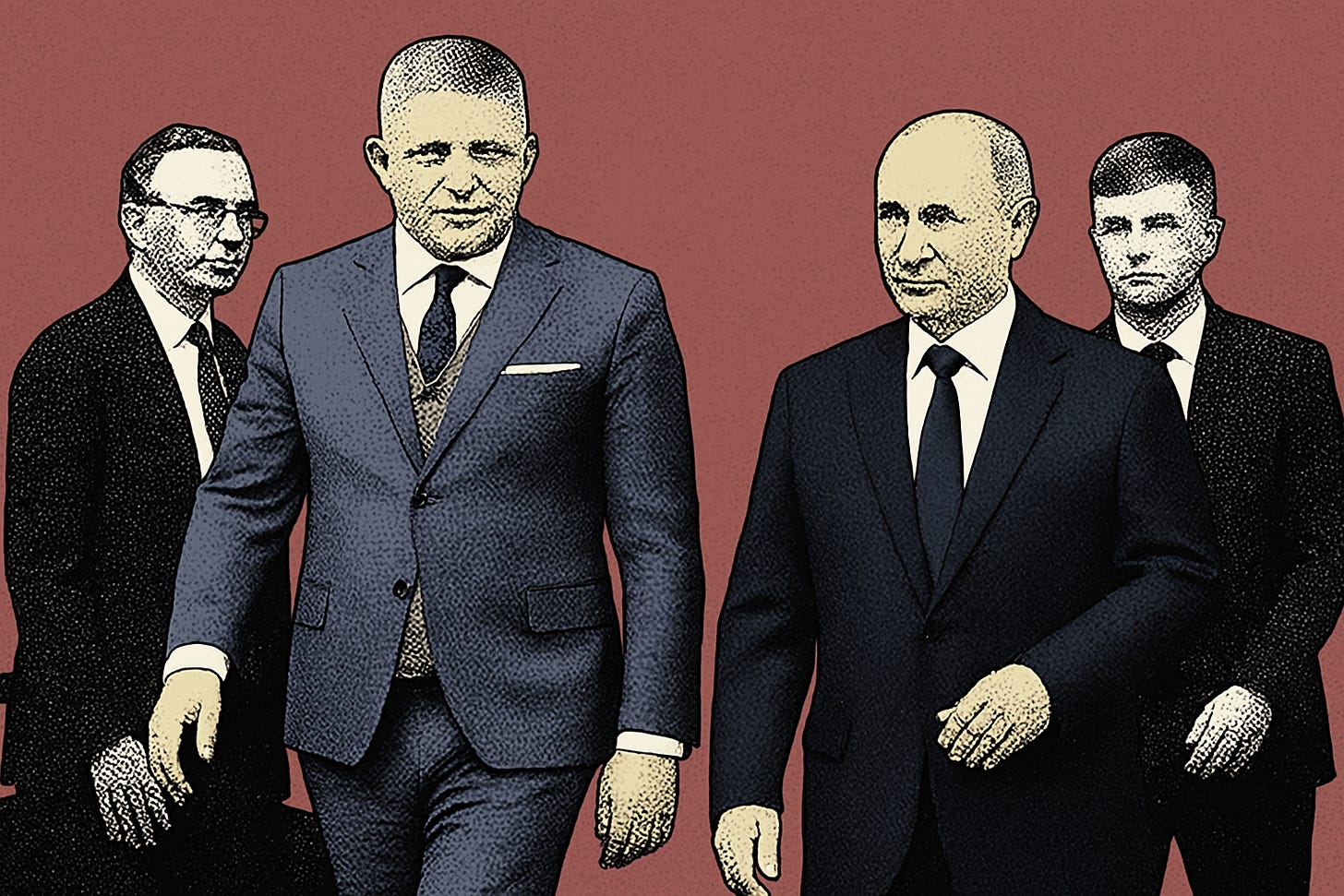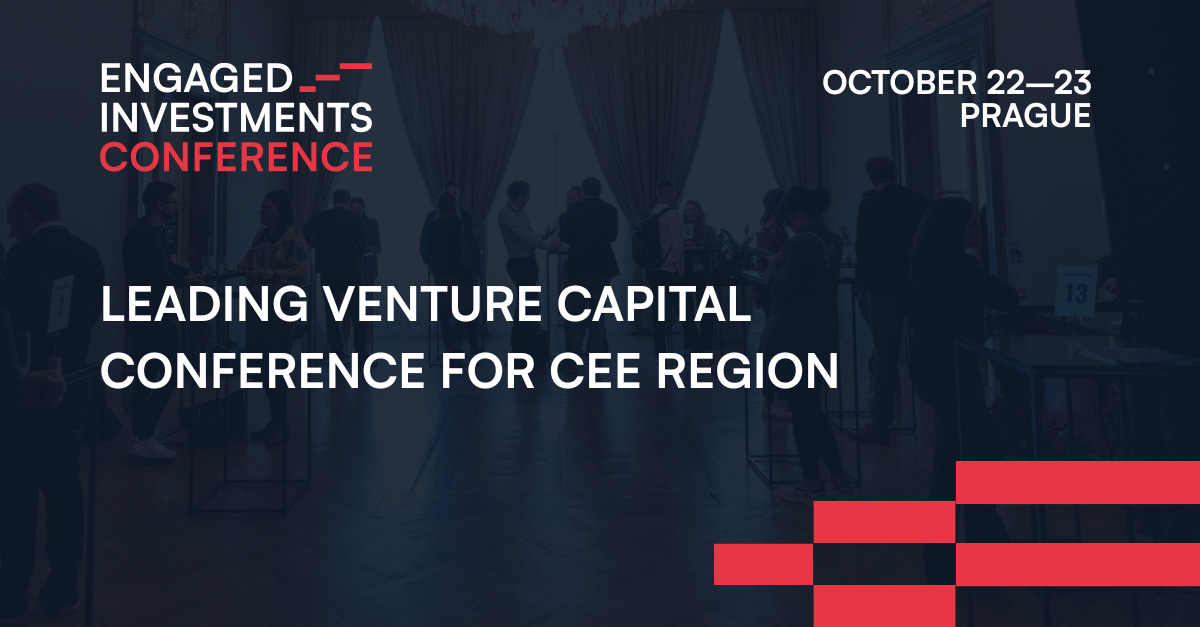The EU Wants to Control Your Chats. Some CEE States Turned Sour on It
In this week’s edition, you’ll read about:
The EU Wants to Control Your Chats. Public Uproar May Stop It
Fico to Putin: Russia Could Join Westinghouse in Nuclear Plant Project
Kyivstar Rings in a Historic Nasdaq Milestone
How we cee it. Joins Engaged Investments 2025 as Media Partner
The EU Wants to Control Your Chats. Public Uproar May Stop It
The European Commission has been trying for years to introduce a regulation that would require internet services—such as messaging apps, and essentially any platform with a chat box—to scan users' content for signs of criminal activity and forward suspicious material to authorities.
This would essentially mean total surveillance and the breaking of end-to-end encryption, which is currently used by most messaging providers—like WhatsApp, Messenger, Signal, and others.
All of this is being justified under the banner of protecting children from sexual predators.
EU member states have so far been unable to agree on a common position, but since Denmark assumed the EU Council Presidency in July, it has been spearheading the effort to push the legislation through.
While Hungary, Slovakia, Croatia, and other CEE countries like Latvia and Lithuania supported the text, the recent wave of public and activist criticism is prompting some of them to reconsider.
Slovakia, for example, initially had no issue with the latest version of the proposal, which includes provisions for breaking encryption. Leaked documents from the EU ministers’ July meeting confirm this.
However, over the summer, the ruling Smer party began publicly criticizing the draft as an unreasonable invasion of privacy, framing it as an EU overreach. Now, even the Interior Ministry, which will represent Slovakia during the next council vote on Chat control in mid-September, is talking about the need for clear privacy safeguards. Though it still doesn’t say whether it would back a version of the law that includes breaking encryption.
The Czech Republic also stated it will seek partners in the European Union to prevent the approval of a proposal to monitor online communications.
While protecting children is undoubtedly important, it’s also important not to go overboard with the measures. According to experts we spoke to, chat Control could create a backdoor for governments to surveil not just criminals, but also journalists or activists, or introduce a cybersecurity vulnerability exploitable by hackers.
Fico to Putin: Russia Could Join Westinghouse in Nuclear Plant Project
Robert Fico met with Russian President Vladimir Putin for the third time in nine months—this time during World War II commemorations in China. Fico was the only EU leader to attend the event in Beijing.
During their meeting, Fico told Putin about his planned Friday meeting with Ukrainian President Volodymyr Zelenskyy in Uzhhorod, where he intends to criticize Ukraine over attacks on the Druzhba oil pipeline.
In response, Putin suggested that Slovakia should curb its reverse gas and electricity flows to Ukraine—arguing this would deter Kyiv from targeting energy infrastructure linked to the West.
Fico also discussed Slovakia’s plan to build new nuclear reactors at Jaslovské Bohunice. While the Slovak government has chosen U.S.-based Westinghouse for the multi-billion-euro project, Fico said he would welcome Russian involvement, given their long-standing role in supplying nuclear technology to Slovakia.
Russia is already building a nuclear power plant in Hungary's Paks.
Kyivstar Rings in a Historic Nasdaq Milestone
Ukraine’s largest mobile operator, Kyivstar, marked a historic milestone on August 29 by becoming the first Ukrainian company to ring the Nasdaq opening bell, with the ceremony livestreamed from New York to Kyiv. Trading under the ticker KYIV since mid-August after a SPAC merger with Cohen Circle, Kyivstar’s stock quickly surged, lifting its valuation to around $2.8 billion. For the region, the moment is both symbolic and practical, showcasing Ukraine’s resilience and growing appeal to global investors even in the face of war.
How we cee it. Joins Engaged Investments 2025 as Media Partner
This October, Prague’s Prague’s National House Vinohrady will once again become the crossroads of Europe’s venture scene. Engaged Investments 2025 (22–23 October) will gather hundreds of investors, founders, and innovation leaders to discuss deep tech, defence, AI, and the strategic infrastructure shaping the future. On day two, 50 of the most promising CEE startups will pitch to investors ranging from angels to Series A.
We’re happy to share How we cee it. is a media partner of the conference. We will bring you coverage of the most interesting voices from the event, which will host names like Jack Wang (Project A), Luis Frach (Left Lane Capital), Martin Olczyk (Techstars), or Andreas Sempengel (Mastercard).
Engaged Investments is part of Czech Startup Week, which will bring a series of tech-focused events to Prague in the second-to-last week of October.








